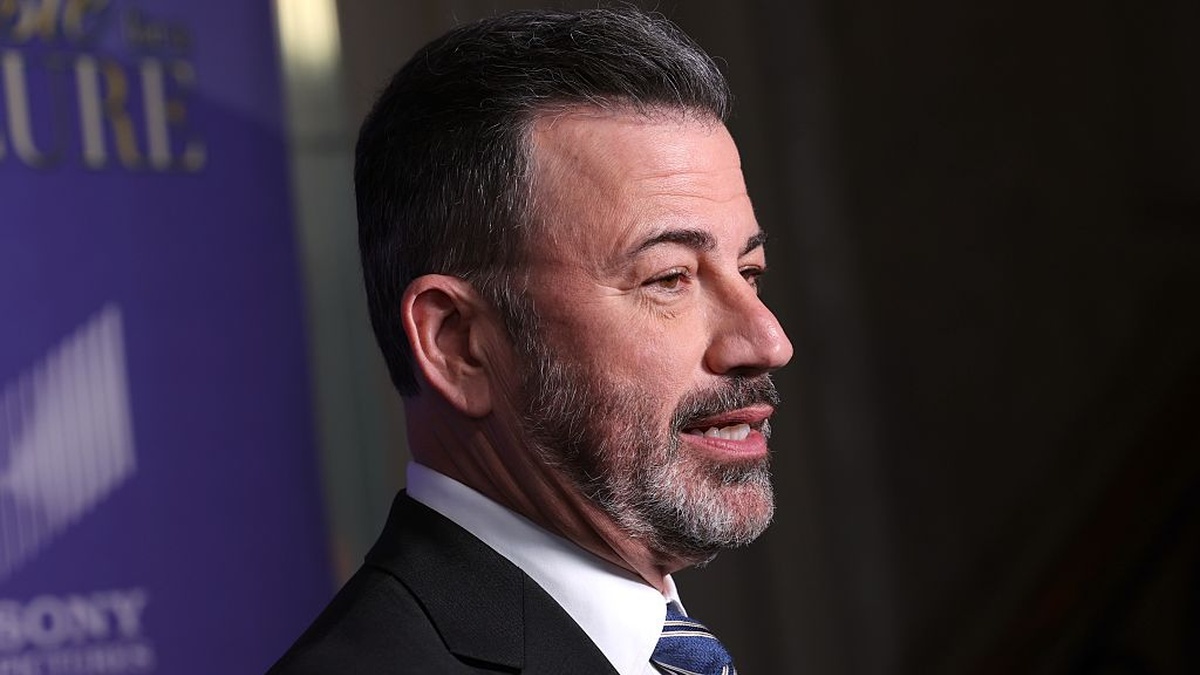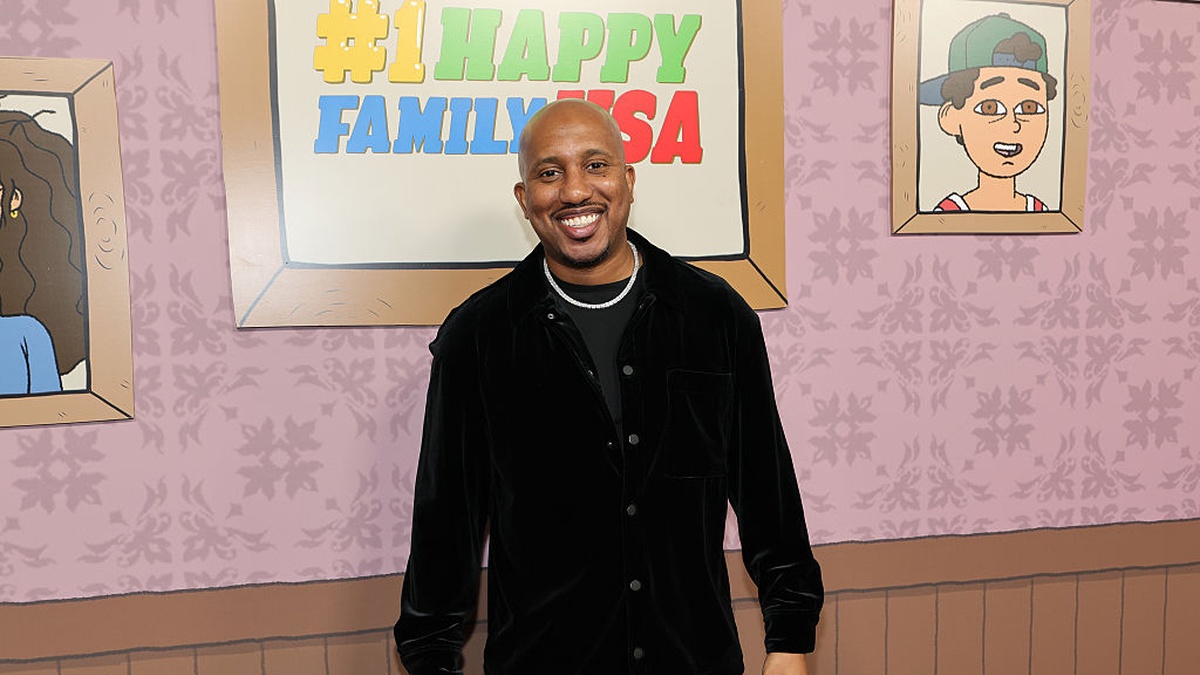The social media platform formerly known as Twitter, now known as X, has been reacting quite strongly to a particular tweet (or whatever a post is called now) about Mark Wahlberg, sparking a question as to whether or not someone who commits certain crimes as a teenager should still be judged by them decades later.
The debate started rather unintentionally, when a popular account praised Mark Wahlberg for “promoting religious values.” Numerous accounts replied by pointing out his past crimes, believing that such behavior should not be ignored, and thus Wahlberg should not be the recipient of such high-value praise.
This isn’t the first time Wahlberg’s past has come back to haunt him on social media; he received a significant amount of backlash on Instagram in 2020 when he posted about the murder of George Floyd being “heartbreaking.” Some people saw it as hypocritical.
Wahlberg abused illegal substances as a teenager in Boston, telling The Guardian in 2020 that he was addicted to cocaine at age 13. Also in that interview he spoke about one of his past crimes when, in 1988, he assaulted a Vietnamese shopkeeper while calling him racial slurs. It was his second racist attack of the day, having assaulted another Vietnamese man earlier. Both attacks were entirely unprovoked, and no reasons were given by Wahlberg for them other than him explaining that he was high on PCP and is deeply regretful, adding, “I made a lot of mistakes and I paid for those mistakes dearly.”
That Vietnamese shopkeeper, Johnny Trinh, was a combat veteran who had lost his eye while serving in the South Vietnamese army in 1975 when a grenade exploded near him.
However, it wasn’t the first day in Wahlberg’s life of committing racially-motivated crimes. Two years earlier in 1986 — when Mark was 15 — he and a group of his friends chased three black children while throwing rocks at them and yelling “Kill the n*****s!”
Thankfully, an ambulance driver noticed what was happening, and stopped the chase. However, Wahlberg wasn’t done. He harassed more Black children the next day (none older than 10 years old) and gathered more of his friends to verbally abuse them and throw rocks at them as well.
When you consider that the attack on the shopkeeper was two years later, then it seems Wahlberg didn’t exactly learn from this at the time.
In 2014, Wahlberg sought to be pardoned for the second attack, saying that he is “Deeply sorry for the actions I took on the night of April 8, 1988. As well as any lasting damage I may have caused the victims.”
Trinh responded, saying that Wahlberg deserves a second chance, especially considering his actions were when he was “young and reckless.”
However, not everyone agreed. Another one of his victims, Kristyn Atwood — who was one of the children he threw rocks at — did not believe that Wahlberg should be pardoned for his actions, saying, “For him to just want to erase it, I think it’s wrong.”
After that attack, Wahlberg settled the civil case that was brought against him because of his rock-throwing actions. In regards to his assault on the shopkeeper, Wahlberg was charged with attempted murder and felony assault. He pleaded guilty, was sentenced to two years in prison, but was released after just 45 days.
In 1992 — years after getting out of prison early — Wahlberg attacked his neighbor, Robert Crehan, in what he claims was a reaction to Crehan calling his friend a racial slur. The case was settled out of court.
Despite Wahlberg’s claims that he paid dearly for his mistakes, it appears that he must be referring to social media backlash only, because he served a grand total of 45 days in jail and soon thereafter shot to fame where, if he was going to make it as a celebrity, he best not throw rocks at children.
Also, if his actions against his neighbor are an example of him believing that those who use racial slurs should suffer physical violence against them, then how come he himself has not suffered such penalties?
This is why many people believe that Mark really hasn’t suffered enough, and will likely always carry a not-so-special place in their respective hearts for him. He seems like a good guy now, and maybe he is — except when he rants at a gym for not being open at 3am for him to work out in — so who is anyone else to judge? That being stated, everyone judges, and those judgments against Wahlberg, whether right or not, will likely continue because his past behavior — practically by his own admission — is pretty reprehensible.
In case you’re wondering, Wahlberg was never pardoned. He technically withdrew the petition by no longer pursuing it. Prior to that happening, he was asked about the pardon and said, “Regardless if I’m granted a pardon or not, I will continue to work every day to be a better person.” We hope that’s true, in any case.











Published: Aug 17, 2023 03:32 pm